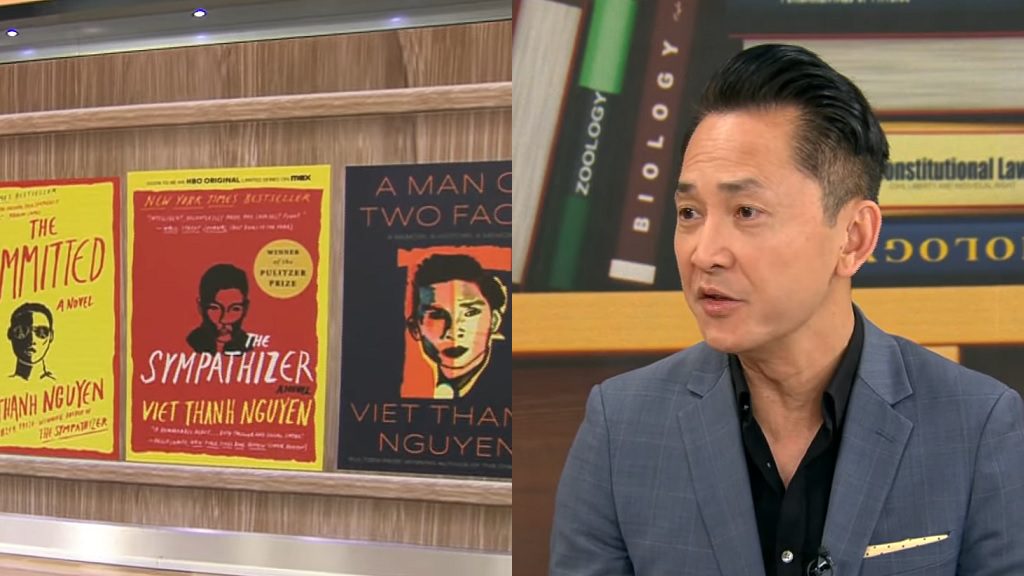Viet Thanh Nguyen, the writer of the 2015 book “The Sympathizer,” has replied to critics who focused on certain aspects of his work, such as realism and race, and also made personal attacks.
Key points:
- Nguyen, 53, took to Instagram on Thursday to slam his critics and address some of their comments. In his post, Nguyen stated that he believes that “Art should speak for itself,” and added, “And yet – some of the criticisms of my work and myself are not about the art. The criticisms are entrenched in attitudes that I disagree with, or think can be adjusted.”
- Nguyen’s response came as the TV show adaptation of his novel premiered on April 14. The mini-series, which features Robert Downey Jr. in on HBO multiple roles , was produced by and Sandra Ohand co-created by Don McKellar and Park Chan-wook. A24 Nguyen’s novel received a Pulitzer Prize in 2015.
- “The Sympathizer” follows the story of a spy embedded in the South Vietnamese army who flees to the United States. There, he continues his mission and reports back to the Viet Cong during the later part of the Vietnam War.
The details:
- In his post, Nguyen addressed the criticism about the realism of his story, particularly “how no Vietnamese people or spy can be like ‘The Sympathizer.’” In response, Nguyen explained that while his “story is based on many real historical incidents and characters,” he never intended to “write a realistic novel.”
- Nguyen also addressed the issue of the protagonist being of mixed-race descent, a half-French and half-Vietnamese spy only known as “The Captain,” played by Hoa Xuande. Writing that it was a deliberate decision, Nguyen explained, “If the novel were a success, many Vietnamese people would claim that success and be proud of it. If so, I wanted them to think about why they would claim a mixed race person as Vietnamese, given that the Vietnamese treatment of mixed race people has been very racist.”
- Critics also attacked Nguyen personally, particularly questioning his decision to choose a different structure for his name, which they deemed “wrong” and “inauthentic.” He wrote in part, “This allegation blames me and everyone like me for a situation that is not our fault.”
- “Viet Thahn Nguyen is a name that expresses the authenticity of inauthenticity,” he added. “I am perfectly happy using Nguyễn Thanh Việt when I am in Vietnam, or when I am speaking to Vietnamese people in the diaspora, but I am under no illusions that somehow I would become more authentically Vietnamese as a result, either to myself or to Vietnamese people who are prone to judgment.”
- Lastly, Nguyen addressed criticisms regarding his age, being deemed “too young to know about the war” and his right to tell the story of the Vietnam War. Admitting that it is true, as he was only around 4 years old when the war occurred (having been born on March 13, 1971), he noted that he was merely an eyewitness to the eyewitnesses, who are his parents. He added, “The older generation who actually lived through the war and experienced its worst effects are rightfully attached to their experiences and they rightly fear that their stories won’t be told, or even if told, it won’t be heard.”



